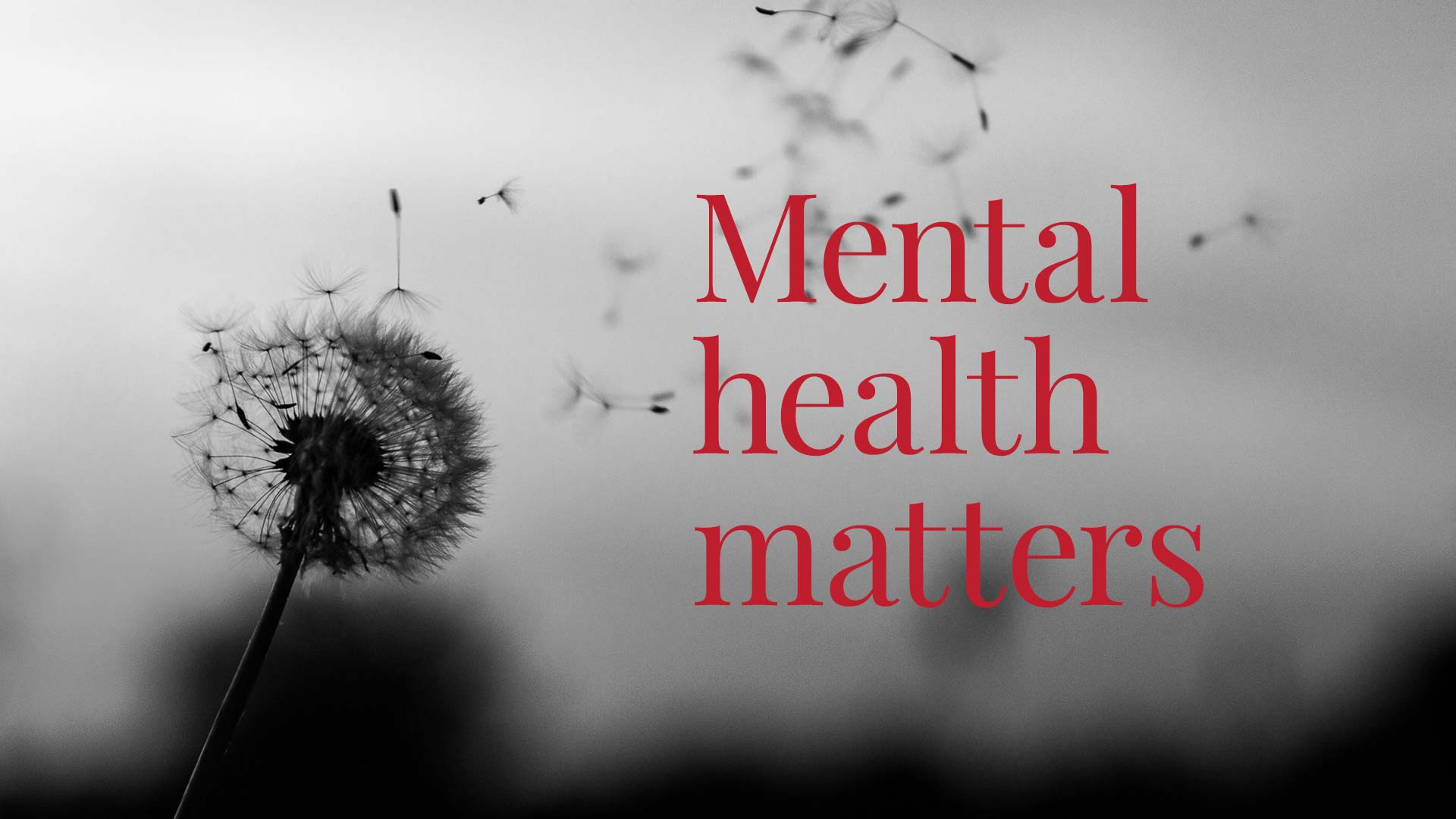Schizophrenia and isolation during COVID-19
MyPressportal Team • April 21, 2020
As the world grapples with the spread of COVID-19, there is a forgotten community that’s extremely vulnerable. People living with schizophrenia already struggle with being stigmatised, complicated psychological health issues and isolation could add to their vulnerable state.
To assist people living with schizophrenia, here are some tips to cope with the lockdown and its effects on mental health.
1. Maintain a daily routine
Wake up at the same time you would normally, shower, do your work if you can, and be productive around the house with simple tasks.
2. Reduce social media and news consumption
It’s important to keep informed with what’s going on around you, however some news outlets can sensationalise information, which adds to the heightened stress of living with a mental health disorder as serious as schizophrenia.
3. Stay active
During isolation, it’s important to stay active, both physically and mentally. Doing so keeps your body and mind healthy. Try doing push-ups, sit-ups and crunches to stay fit. Mentally, you can read books, do a puzzle or colour in using adult colouring art.
4. Social distancing doesn’t mean you’re alone
It’s important to maintain relationships with loved ones, caregivers and friends. You can keep in touch by video calling or texting. This not only gives people the opportunity to check in on your well-being, but also gives you the ongoing opportunities to share your struggles with people who care.
5. Take your medication
If your doctor has prescribed the monthly injection, make sure you schedule your appointments for administering your injections well in advance and don’t forget to diarise your appointments. And take it every day. Set a reminder on your phone to notify you. If your doctor has prescribed a daily oral medication, make sure you engage with your medical aid provider to have your prescription filled in advance and to have your medication delivered to you.
When isolated, some people may experience additional symptoms associated with schizophrenia such as delusional thoughts, auditory or visual hallucinations, disorganised speech or thoughts and a lack of motivation that alienates them.1 If any of these symptoms are experienced more frequently than usual, get in touch with your caregiver and doctor for assistance ASAP. Or, you can contact The South African Depression and Anxiety Group (SADAG). For more information on schizophrenia and treatment options, visit schizophrenia24x7.co.za, or visit the Our Mental Health Facebook page.













